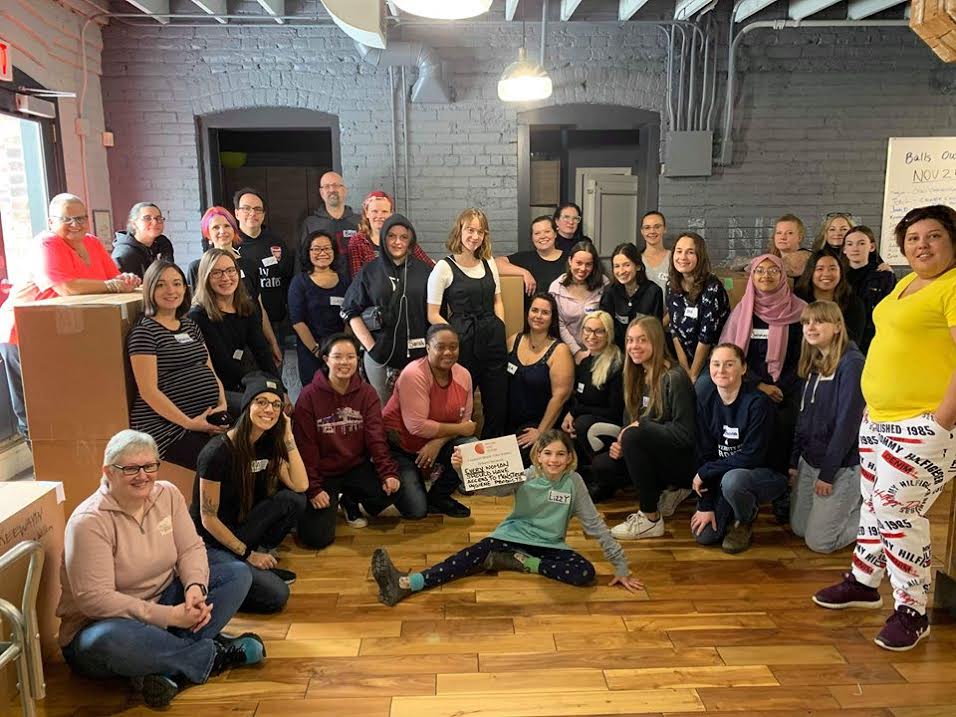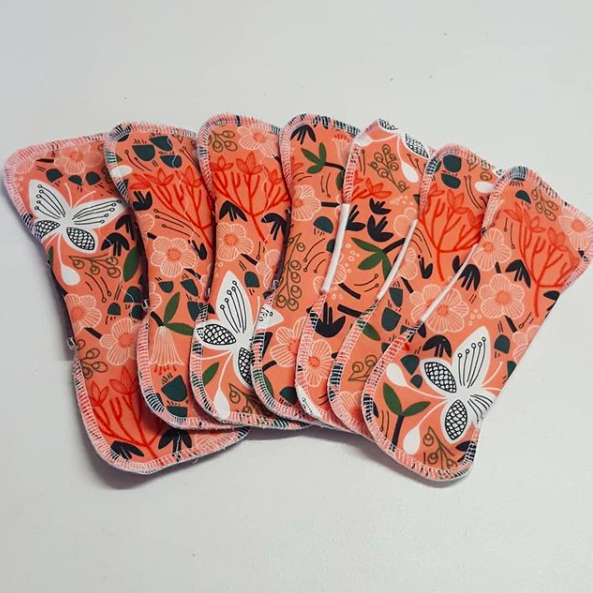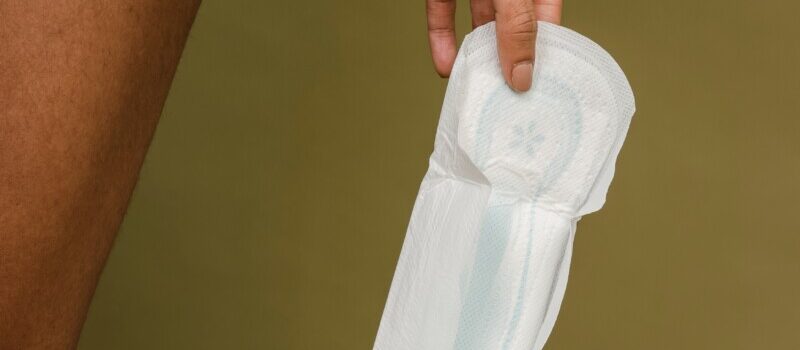
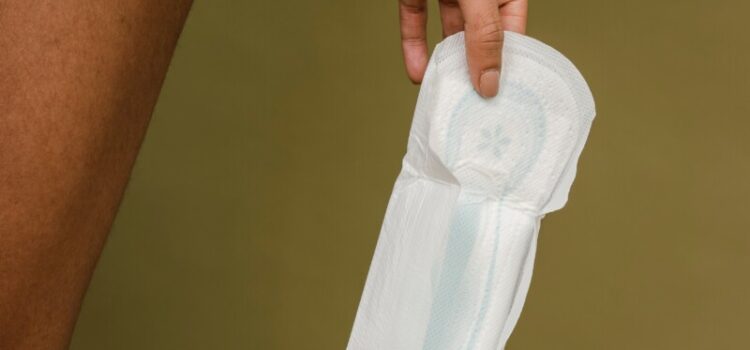
Menstrual movements want to see the end of period inequity in 2021
COVID-19HealthNews Apr 13, 2021 Tatiana Furtado
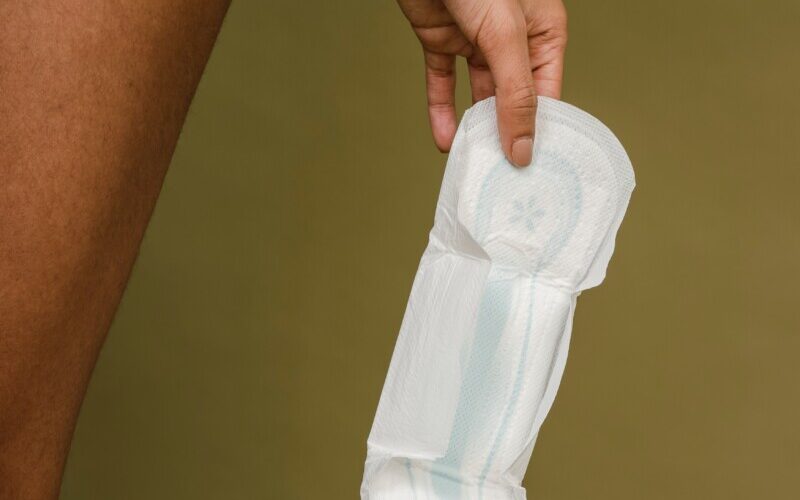
By Tatiana Furtado
Organizations and individuals around the country are putting an end to period poverty with their fight for period equity.
Periods should be dealt with in dignity and pride, but the latest Canadian data shows that is not always the case.
Plan Canada’s 2019 Gender Study studied 2,000 women and found that 68 per cent felt their period caused them to miss out on activities. A quarter of these women, one-third aged 25 and under, reported struggling to afford and have access period products. 58 per cent said they have felt the need to lie about being on their period.
It is estimated that Canadians who purchase menstrual products spend up to $6,000 in their lifetime, while those living in rural and northern communities expect to pay double the price.
This data does not capture the experiences of trans men and gender non-binary people.
What are governments doing to support people who menstruate?
In 2015, a House of Commons bill originally sponsored by then-NDP MP Irene Mathyssen was implemented, removing the sales tax charged on all menstrual products. In 2014 it was reported that $519 million was spent on menstrual products, while $39 million in government taxes were collected.
The Toronto Youth Cabinet, who advocate on behalf of youth in Toronto, want more action from government to support people who menstruate. At the beginning of March, they launched a petition with ten other provincial stakeholders to advocate for better menstrual equity in Ontario Schools.
The petition is supported by the Ontario Human Rights Commission and Ontario’s four main teacher unions who want people who menstruate not to have to worry about inadequate access to these products.
“Menstrual products are a necessity, not a luxury. No one should miss out on their education or feel stigmatized because they can’t afford these products. This should not be the case in 2021,” said Stephen Mensah, the education lead for the cabinet.
This petition demands making menstrual products free and available in publicly-funded elementary and secondary schools. In addition, they want to include literacy and education on menstruation from an early age.
Mensah says period inequity won’t end by making these products free, but education also plays an important role in tackling stigmas surrounding periods. He believes Ontario is falling behind and needs to look to counterparts in British Columbia and Nova Scotia to follow what they are doing to support those who menstruate.
The British Columbia government was the first in Canada to issue a ministerial order in April 2019 requiring all public schools to provide free menstrual products for students in bathrooms.
Six months later, Nova Scotia followed the same model, with products being made available to 367 schools. The costs are being handled by the regional centre of education.
“When people who menstruate don’t have access to these resources to manage their periods safely and with dignity, they are more likely to miss school, work and face higher health issues. By not having these products, they struggle to reach their highest potential,” Mensah said.
Other organizations are also making the case for period equity.
The Period Purse is a Toronto based charity that supports those who menstruate to experience healthy periods with dignity. This is done through outreach, education and advocacy.
Last year they supported 17,000 periods, with one period equalling to a one-month supply. This year alone, they have already supported more than 24,000 periods.
Manager Danielle Kaftarian says periods tend to involve passed-down behaviour learned through generations. It was always something that needed to stay hidden, kept a secret and never seen as something natural.
In addition to donations, they reach out to shelters and organizations, and are recognized online by people in need.
Kaftarian says the pandemic has caused so many people to need this sort of support and assistance.
“People who were already living on the margins, the effects of the pandemic are now pushing them to decide whether they were going to buy period products that month or put an extra meal on the table for their family,” she said.
The Period Purse also signed the Toronto Youth Cabinet petition on menstrual inequity in Ontario Schools. They want to ensure these products are being made available. They believe that once people begin to talk openly about periods and their challenges, then positive change and influencing landscapes will begin.
“Students are missing class time even if period products are located out of the bathroom. If a student requires this product and it’s not in the bathroom where they need it, they find themselves in need and then missing more time having to search around the school for someone who has these products… this is class time missed,” Kaftarian said.
People who menstruate in Indigenous communities are dealing with these issues at an even more difficult degree.
“Sometimes cargo doesn’t come in, so it’s not that they don’t have access to it affordability… they physically don’t have access to it,” Veronica Brown, coordinator of Moon Time Sisters Ontario.
Moon Time Sisters was founded in 2017 by Nicole White, a Metis woman from Saskatchewan. Indigenous people who menstruate face hardships of access and affordability. When period products are made available in Indigenous communities, they are usually double the price.
Veronica says she has yet to find a concrete answer as to why these products are so expensive. She says whenever she connects with a community asking if there are any issues relating to period products, the answer is always yes.
The federal government has recently reached out to Moon Time Sisters for feedback. They are looking to implement period products in the current food subsidy that supports 150 Indigenous communities across Canada.
“Our main goal right now is to continue to supply product until we are no longer needed. Hopefully sooner than later because I don’t want to have to be doing this forever,” Kaftarian said.
They are currently waiting to hear back from the federal government.
Other small businesses are working to design menstrual products to improve access, lower costs while helping the environment.
The Pad Bank project was started in B.C. by Renee Mckay, owner and designer of New Moon Pads. New Moon pads are 100 per cent cotton, reusable and washable menstrual pads. They are better for your health, comfort, affordability and the environment.
One New Moon Pad is equivalent to 150 to 200 disposable pads, lasting up to ten years and costing only six to seven dollars each.
Renee created the Pad Bank project to help people who menstruate in Canada and the US that have been devastated by the pandemic. She wants to make periods not as traumatic for people who struggle with their menstruation.
“Just because you don’t have money doesn’t mean you should have to suffer through this was indignity, you have to be able to have access to these products, to be able to do so with dignity and with privacy. I just wish more people like the disposal manufacturing companies would be on board with these ideas” she said.
Featured photo credit: Photo by Sora Shimazaki from Pexels


